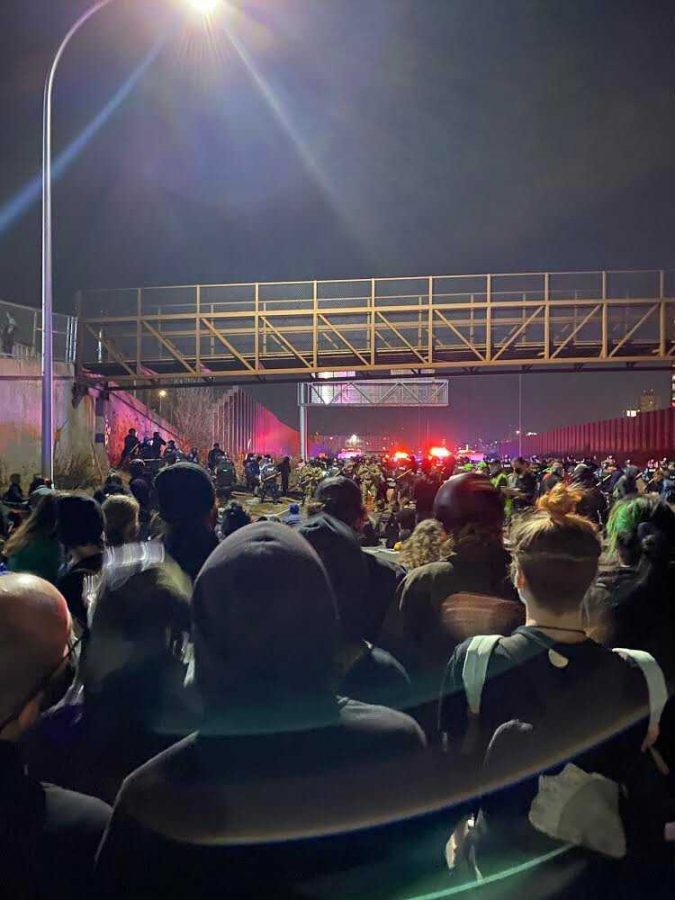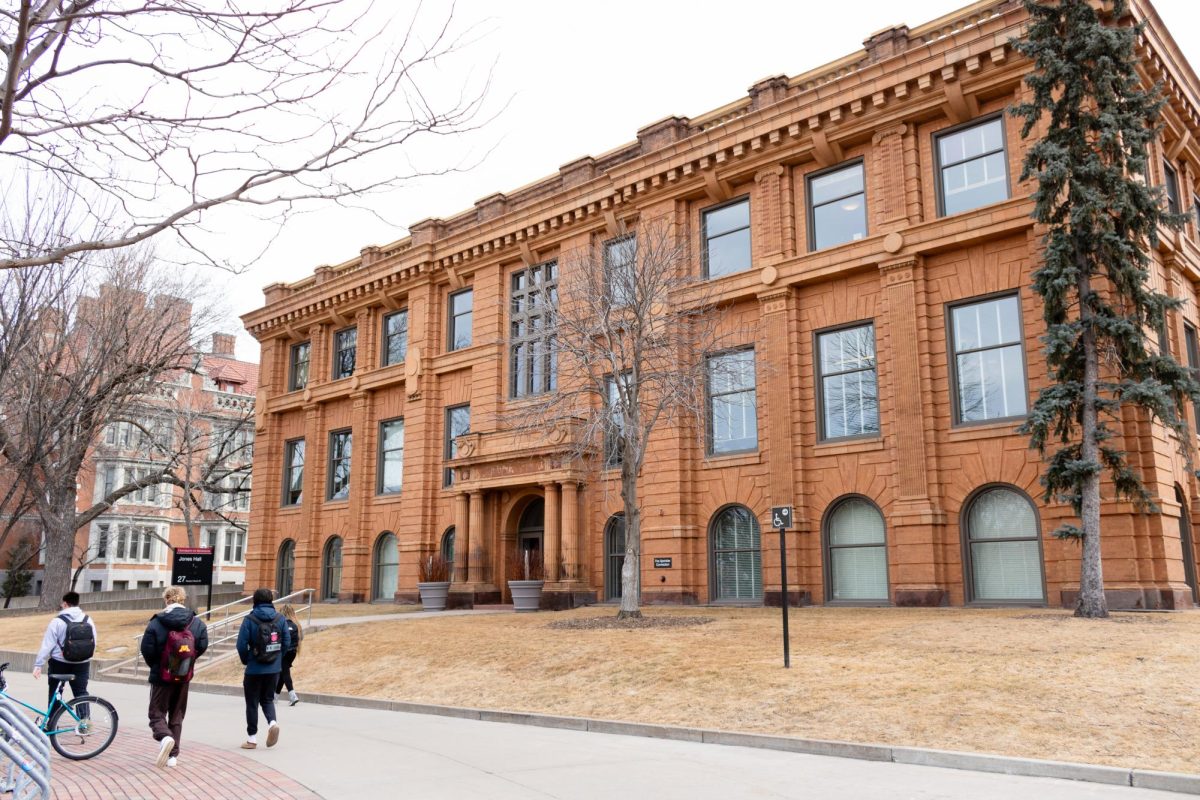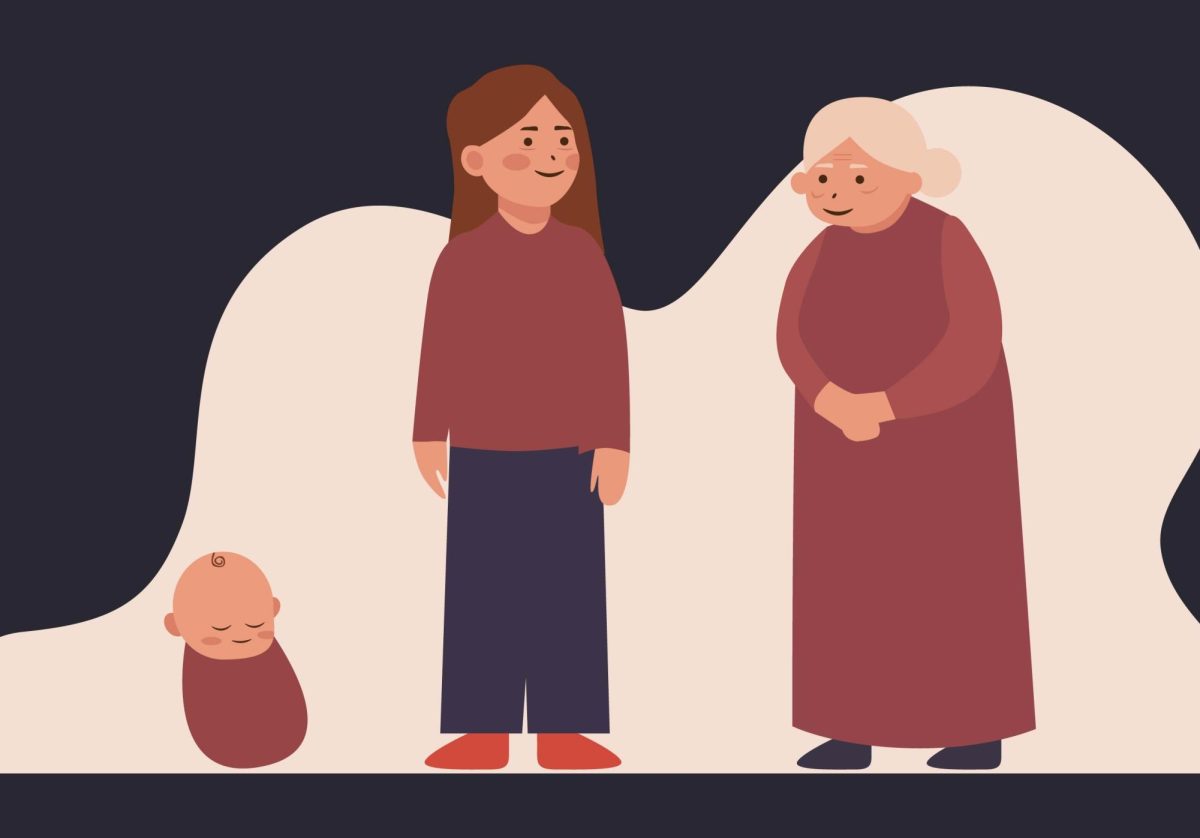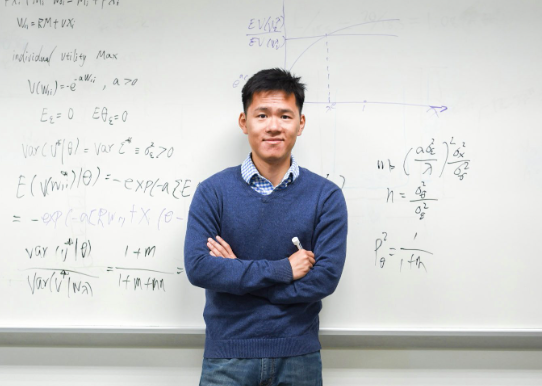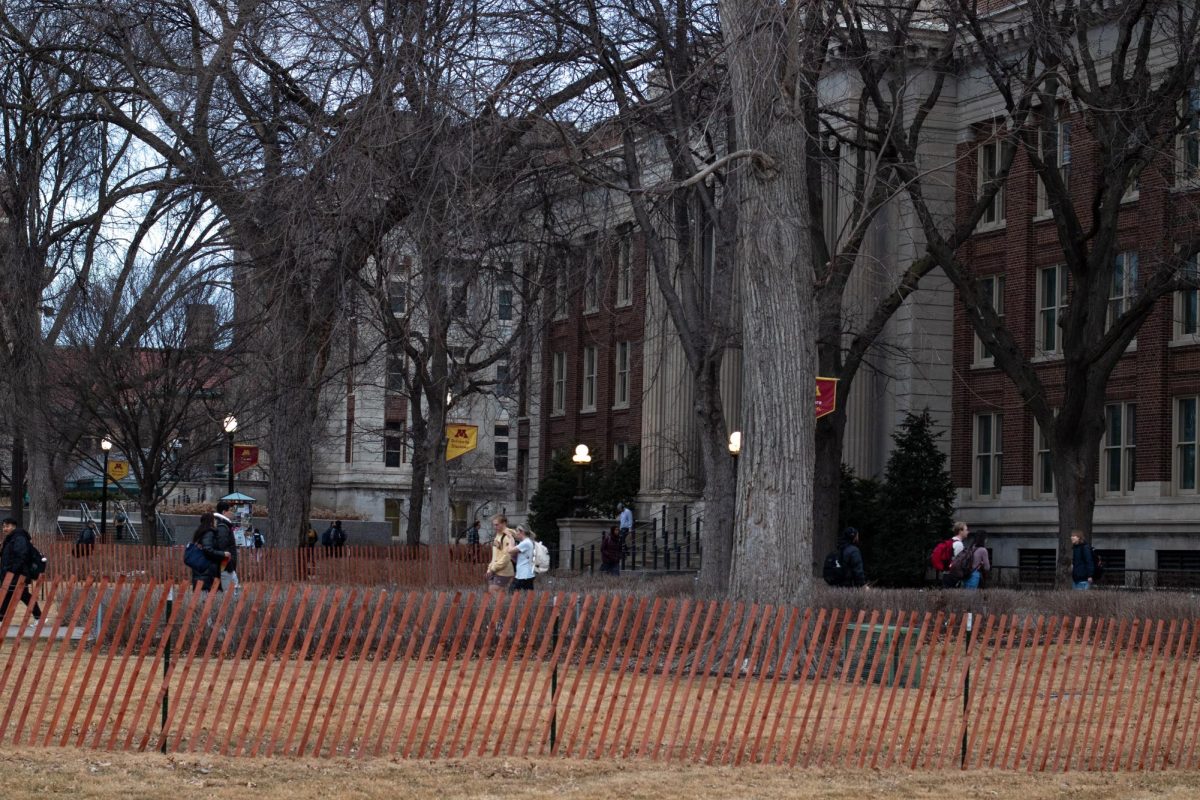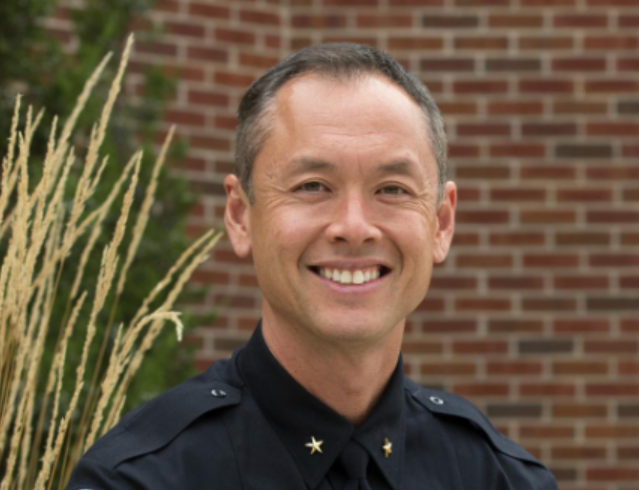In the fallout of the George Floyd protests and recent election rallies, Student Legal Service (SLS) has come to the aid of University of Minnesota students.
SLS attorneys are working on cases to represent those arrested at a protest earlier this month where more than 600 protesters were trapped by police and arrested on I-94 in the Cedar-Riverside area.
SLS senior staff attorney Karmen McQuitty said a typical day at the organization usually consists of meeting with students about a variety of legal issues — usually involving housing, name changes or harassment issues — and prepping cases for court. But since the killing of George Floyd, she said SLS has helped many students with protest cases, most of which from the summer have been dismissed.
“We’d like students to know how deeply involved SLS is in protest defense,” McQuitty said in an email to the Minnesota Daily. “We urge students who are planning action, been involved in protest or arrested to contact us! We are completely confidential and obligated to maintain attorney client privilege — this means we cannot share any information with parents or the University.”
Suzanne Rivera, president of St. Paul’s Macalester College, tweeted on Nov. 5 that the school would financially reimburse students who engage in civil disobedience and receive citations or need bail money.
“From my perspective, offering to reimburse fines for civil disobedience is an equity issue,” Rivera wrote in a press release from the same day. “What I am emphasizing here is that if any students cannot afford the fines for peaceful protest then I would be willing to reimburse them because freedom of speech is not a privilege only our wealthy students should enjoy.”
While University president Joan Gabel has not made a similar commitment, she sent an email following the police killing of George Floyd in support of those advocating for justice.
“We must also support our community members who have been hurting for far too long,” Gabel wrote in the June 3 email.
Earlier this month, the Minneapolis city attorney told the New York Times that only 75 cases from the Nov. 4 protest will actually be prosecuted. McQuitty said SLS was still waiting to hear which cases would be dismissed.
However, an arrest record is not the only thing students took home with them following the I-94 demonstration.
Arthi Jegraj, a first-year student studying developmental psychology and political science, said she has had an exceptionally difficult time adjusting to life at the University following her arrest.
“I have developed insomnia,” she said. “I have really bad anxiety. Like day-to-day life has been harder on campus. And it’s something that I’ve had to actively work on and address in my life.”
Jegraj said she remembers being kept on the freeway for about five hours in weather that dipped as low as the mid-40s before she was arrested and had her mugshot taken on the side of the road. She said police were much more hostile and patronizing with her, a South Indian woman, than they were with her white roommate who was also at the protest.
She said she was then put in an armored vehicle, driven 15 minutes away from the protest site and dropped off randomly on the side of the street where she and others were told not to regroup.
“I kind of dissociated from the situation,” Jegraj said. “I don’t think I could have mentally handled it if I didn’t. And I still have a lot of trouble today with things like anxiety around police. It’s pretty bad.”
An SLS attorney is helping Jegraj get her charges dropped. As of Nov. 29, Jegraj was still waiting to know if her case will be dismissed.


